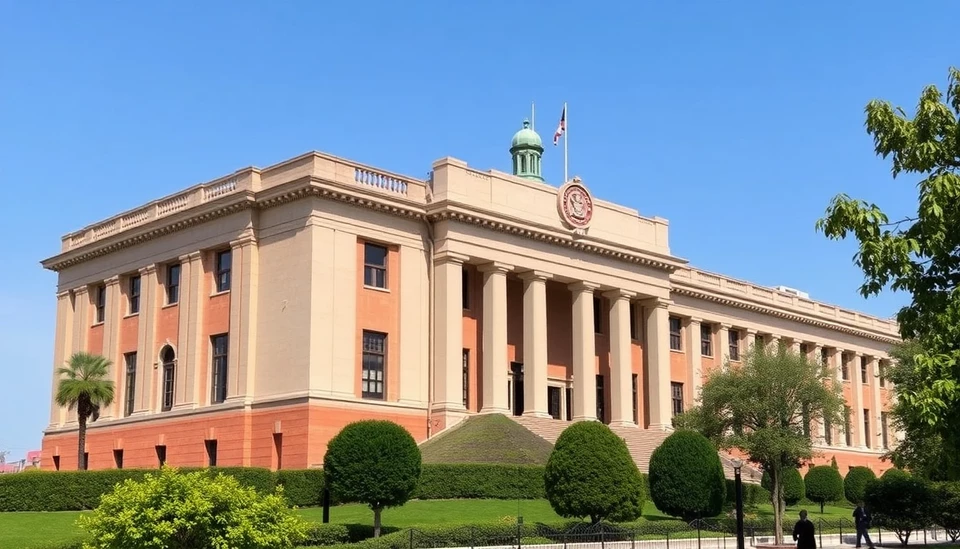
Zambia has reported a notable easing in inflation rates, marking the first decline in almost two years. This shift comes as a relief for the nation, which has been grappling with high prices and significant economic challenges. According to data released by the Zambia Statistics Agency, the annual inflation rate fell to 9.5% in March, down from 10.1% in February. This marks the first decline in the inflation rate since June 2021, signaling a potential turning point for the economy.
The decrease is attributed to various factors, including improved food production and tighter monetary policies implemented by the central bank. Consumer prices have long been a source of concern, particularly for essential goods, as the cost of living has severely affected households across the country. Analysts believe that this recent trend may signal a stabilizing economy, although caution is still advised as external pressures and domestic issues could reignite inflationary pressures.
The move to lower inflation coincides with the government's ongoing efforts to bolster economic stability and growth. Last year, Zambia faced significant financial hurdles, including a default on its external debt, which exacerbated inflation and impacted economic confidence. However, the latest figures suggest a glimmer of hope as the government, along with the Bank of Zambia, implements strategic reforms aimed at enhancing financial resilience and economic recovery.
Furthermore, experts highlight the importance of maintaining a balance between economic growth and inflation control. While lower inflation is desirable, the government must ensure that measures put in place do not stifle growth. With global economic conditions remain volatile, particularly the impacts of geopolitical tensions and fluctuating commodity prices, Zambia's economic policymakers are closely monitoring these dimensions to navigate potential risks effectively.
In response to these developments, the Zambian kwacha has seen some stabilization against major currencies, which further encourages optimism regarding future business investment and consumer confidence. The government’s commitment to structural reforms, debt restructuring, and fiscal discipline is crucial as it seeks to create a conducive environment for both local and foreign investments moving forward.
As Zambia aims to build upon this initial success in reducing inflation, it will be essential for stakeholders to work collaboratively to ensure that the gains are not only sustained but expanded in the coming months and years. The interplay between various economic factors and government policies will play a pivotal role in shaping the trajectory of Zambia's economic landscape.
In conclusion, the recent decline in inflation is a significant milestone for Zambia, embodying both challenges and opportunities ahead. The country’s leadership is poised to take advantage of this moment to drive further growth and stability in its economy, fostering a brighter future for its people.
#Zambia #Inflation #Economy #AfricanEconomics #FinancialStability #ZambiaKwacha #EconomicGrowth
Author: Rachel Greene




